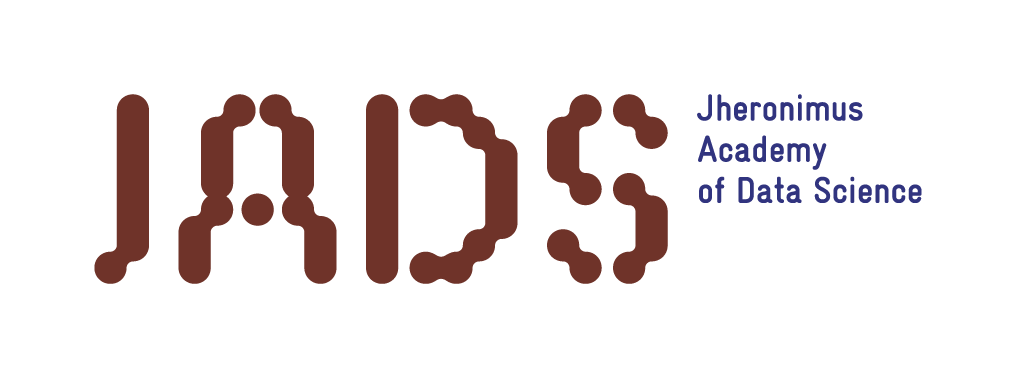Call for Papers
IEEE Workshop on Big Data Analysis and Illicit Trends - b&it (BANDIT)
IEEE Big Data 2025 | December 8–11, 2025 | Macau, China (Hybrid)
Overview:
The 2nd International Workshop on Big Data Analysis and Illicit Trends aims to bring together interdisciplinary research on how big data analytics can expose, understand, and counteract illicit and harmful behavior on the Surface, Deep, and Dark Web. While the internet has revolutionized communication and commerce, it also serves as a platform for misinformation, identity fraud, cybercrime, and illicit trade. This workshop focuses on advanced methods to mine data, detect criminal patterns, trace illicit financial flows, and assess the societal impacts of online risks, with a special focus on the combination of artificial intelligence, machine learning, and Cyber Threat Intelligence (CTI). We welcome contributions that offer novel insights, tools, datasets, or frameworks to monitor, analyze, and respond to criminal behavior and misinformation online.
The workshop will be held in conjunction with IEEE Big Data 2025, taking place in Macau, China, from December 8–11, 2025.
This is a Hybrid event, allowing for both in-person presentations and remote participation.
Important Dates
Consider 23:59 Anywhere on Earth (AoE) for every date below:
- Submission (Cycle 1):
Sep 14, 2025Sep 28, 2025 (closed) -
Notification of Acceptance (Cycle 1):
Oct 05, 2025Oct 12, 2025 - Submission (Cycle 2):
Oct 26, 2025Nov 02, 2025 -
Notification of Acceptance (Cycle 2): Nov 16, 2025
- Camera-ready: Nov 23, 2025
- Workshop & Conference: Dec 08–11, 2025
Submission site: https://wi-lab.com/cyberchair/2025/bigdata25/scripts/ws_submit.php
Topics of Interest
The topics of interest related to the workshop include, but are not limited to:
Cyber Threat Intelligence and Automation
- Actionable Cyber Threat Intelligence: From Detection to Response
- Automation of Threat Analysis and Threat Hunting
- Best Practices and Frameworks for Cyber Threat Intelligence
- AI-Driven Automation for Threat Detection in Complex Environments
- Neurosymbolic AI in Cyber Threat Intelligence
- Ontology-based Methods in Cyber Threat Intelligence
Artificial Intelligence & Machine Learning on Cybercrime Marketplaces
- AI and Machine Learning for Criminal Pattern Analysis
- AI Methods for CAPTCHA-Solving and Circumvention Techniques
- Big Data Analysis of User Behaviour in Dark Web Marketplaces
- Big Data Analysis of Criminal Behavior in Social Media
- Big Data Analysis for Criminal Networks
- Big Data Blockchain Analysis and Bitcoin laundering
- Explainable AI in Support of Criminal Investigations and Prosecution
- Social Media Privacy and Security
- Societal Impact of Cybercriminal Behaviour
- Trend Analysis of Drugs and New Psychoactive Substances (NPS)
Misinformation & Online Influence
- Analysis of the Role and the Impact of Misinformation in Online Platforms
- Identification of Disinformation Campaigns in Online Platforms with AI.
- Disinformation and Echo Chambers
- Study of online debates to identify segregation, hate speech, and extreme polarization
- The influence of coordinated automated account networks in online communities
Submission Requirements and Guidelines:
The workshop encourages submissions of full papers and short papers from academia, industry, government, and law enforcement. Accepted papers must be compliant with the IEEE Big Data 2025 formatting guidelines using the IEEE 2-column format and will be included in the IEEE Workshop proceedings. Short papers will also be presented and may be featured during a poster session.
Types of papers:
- Short papers (position papers, vision papers and extended abstracts): 4-6 pages
- Full papers: 8-10 pages including references
Review process: Each submission will be peer-reviewed by at least three experts from the Steering Committee. Evaluation criteria include relevance to the workshop, technical quality, originality, clarity, and potential to stimulate discussion. Selected position papers may be invited and peer-reviewed with shepherding support from the organizing committee. Accepted contributions will be presented during highly interactive workshop sessions designed to foster engagement across academia, industry, government, and law enforcement.




